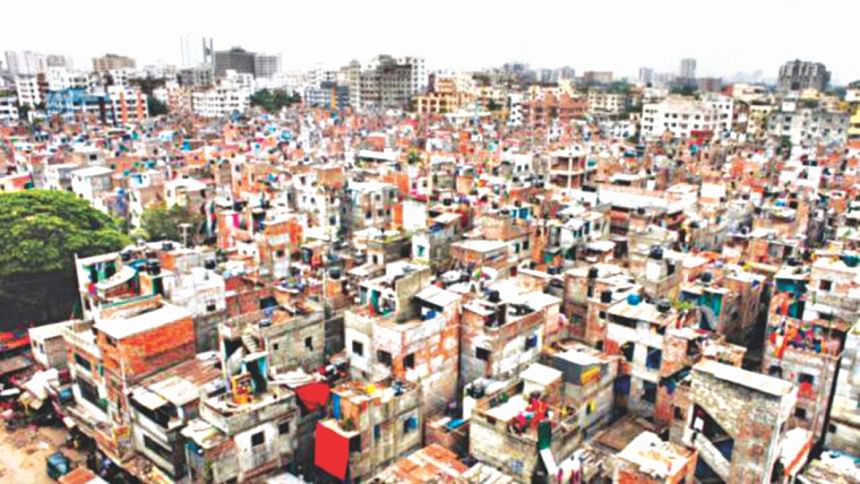Your Advocate

This week Your Advocate is Barrister Omar Khan Joy, Advocate, Supreme Court of Bangladesh. He is the head of the chambers of a renowned law firm, namely, 'Legal Counsel', which has expertise mainly in commercial law, corporate law, family law, employment and labor law, land law, banking law, constitutional law, criminal law, IPR and in conducting litigations before courts of different hierarchies.
Query
I am a small-scale businessman living near Ashulia. I have a land which I would like to develop and construct a 2-storied building. Many of my neighbours have been constructing similar buildings in the locality. One of my relatives advised me to get building permission before I start the construction work, however, I know that none of my neighbours have taken such permission from any authority. Is it necessary to take permission for construction of building in my own land?
Response
Dear reader, thank you for your query. It is a common malpractice in Bangladesh that many landowners (specially outside metropolitan area) do not take permission from the concerned authorities while developing their respective lands. On the other hand, many are even unaware of the existence of these laws. In your case, the Building Construction Act 1952 and the Bangladesh National Building Code 2006 are applicable.
The 1952 Act has provided regulations regarding setbacks, building heights etc. in urban areas. The Act also provided for prevention of haphazard construction of buildings and excavation of tanks, which are likely to interfere with the planning of certain areas in Bangladesh and enables government through Section 16 to make any substantial rules for carrying out the purposes of this Act.
The term 'building' as per Section 2(b) of the Building Construction Act 1952, shall mean and include a house, out-house, hut, wall and any other structure whether of masonry, bricks, corrugated iron sheets, metal, tiles, wood, bamboos, mud, leaves, grass, thatch or any other material whatsoever.
Section 3(1) of the 1952 Act requires one to take previous sanction of an government in order to construct or re-construct or make addition or alternation to any building, or excavate or re-excavate any tank. Such sanction remains valid for three years and on the expiry of the period, the applicant can apply and obtain a fresh sanction.
In light of the aforementioned provisions of the Building Construction Act 1952, it is mandatory for you to seek prior approval from the concerned local authority before constructing a building. If you fail to do so, you shall be deemed liable under Section 12 of the Act and the punishment of such may be fine as well as imprisonment for a term of 7 years.
Additionally, the Bangladesh National Building Code 2006 aims to ensure minimum standards for design, construction, quality of materials, use and occupancy, location and maintenance of buildings within Bangladesh in order to safeguard, within achievable limits, life, limb, health, property and public welfare. According to provision no. 3.1 of the 2006 Code, no building or structure shall be erected, constructed, improved etc. without obtaining a separate permit for such work from the Building Official. The definition of both building and owner has been widened herein the Code. Sanitary, plumbing and any other building service installation which are constructed or erected as an integral part of a building shall amount as building. Thus, any breach of the provision of the 2006 Code may lead to legal actions by the authority as deemed appropriate.
Hence, it is imperative that you obtain prior approval from the concerned authority and as your land is based outside the City Corporation area. You can obtain such permission from concerned Paurashava or Union Parishad office.
For detailed query contact: [email protected].

 For all latest news, follow The Daily Star's Google News channel.
For all latest news, follow The Daily Star's Google News channel. 



Comments